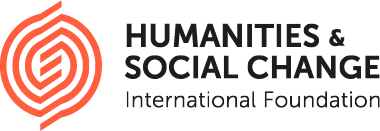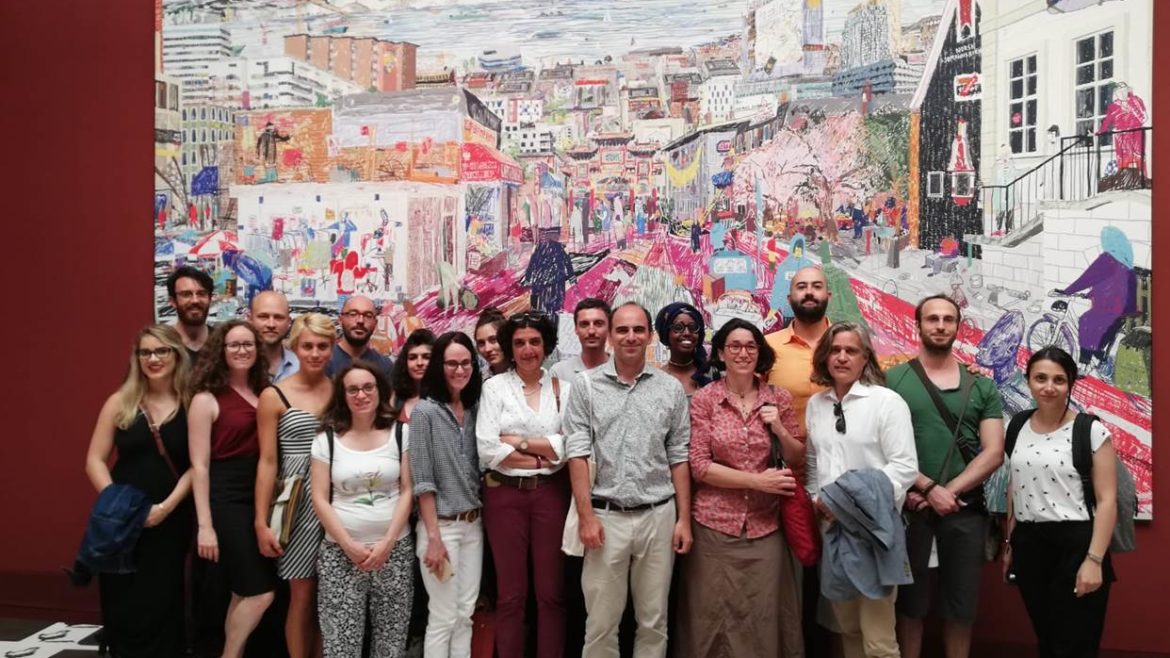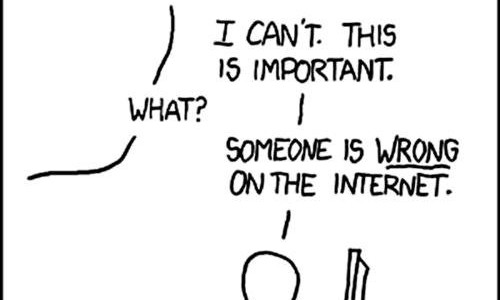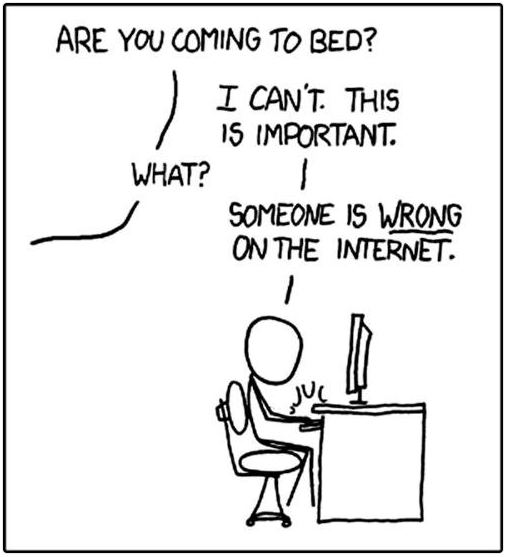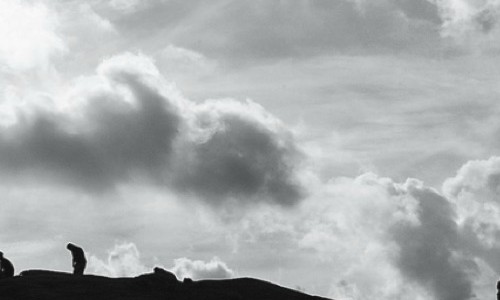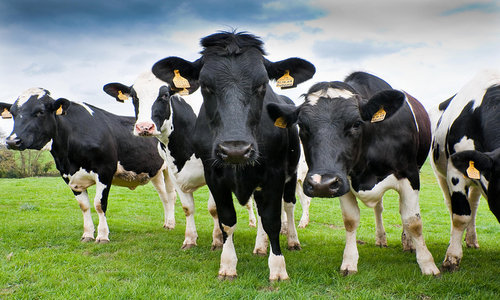Zeynep Gambetti
Zeynep Gambetti
Political scientist Zeynep Gambetti’s work focuses on contemporary political theory, ethics, social movements, and public space. She has written extensively on Hannah Arendt; her work includes research on matters of subjectivity, violence in the neoliberal system, and the decolonization of urban spaces. Space as a vector of relationality plays a signifi cant role in her work on the transformation of the conflict with the Kurdish movement. Zeynep Gambetti is Associate Professor of political theory at Boğaziçi University. She is currently engaged in writing a book on labor, action and ethics through the perspective of Arendt, Marx and Deleuze.
